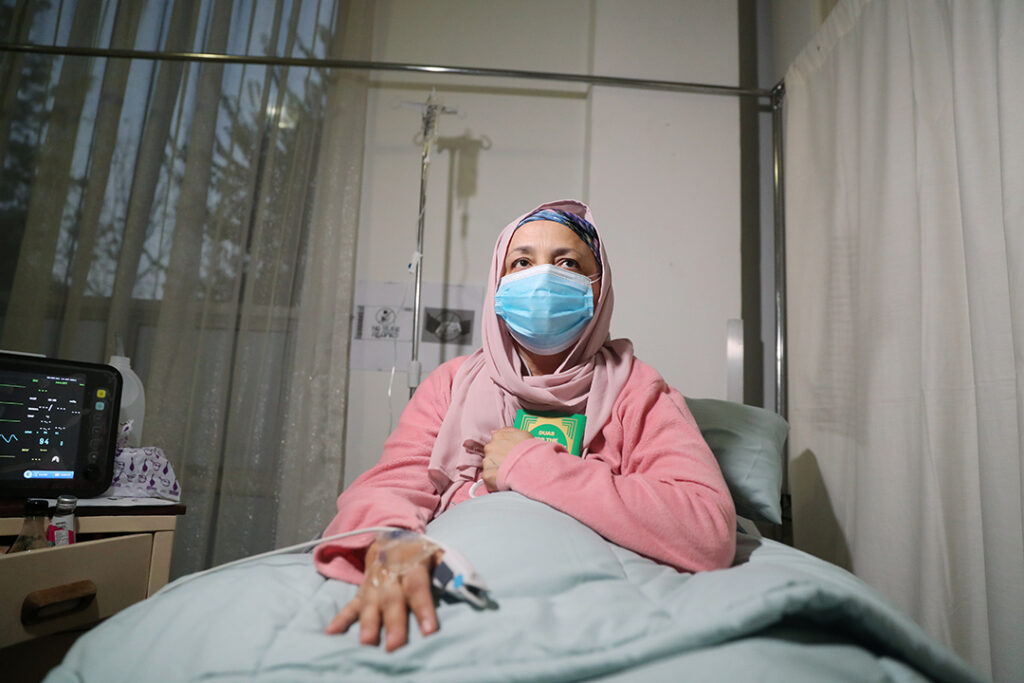ADF STAFF
Nearly 8 million Africans have recovered from a COVID-19 infection, giving them a natural immunity to the virus. But that doesn’t mean they’re permanently protected from future infections.
Researchers studying COVID-19 say people relying on their natural immunity for long-term protection put themselves at risk of repeated infections, potentially within as little as three months of their most recent infection, according to a report published by the British medical journal The Lancet Microbe.
Protection granted by natural immunity ranges widely depending on the level of COVID-19 antibodies in patients’ immune systems. The analysis said the average range is 16 months.
At 17 months, patients have a 50% chance of being reinfected, according to the study. That’s less than half the length of natural immunity from other viruses, such as the common cold.
“Immunity is relatively short-lived,” study co-author Jeffrey Townsend of the Yale School of Public Health told Nature magazine.
New variants, such as the “delta plus” strain of COVID-19 now cropping up in Europe, make natural immunity even less reliable.
“As new variants arise, previous immune responses become less effective at combatting the virus,” said study co-author Alex Dornburg of the University of North Carolina at Charlotte. “Those who were naturally infected early in the pandemic are increasingly likely to become reinfected in the near future.”
A separate study released at the end of October by the U.S. Centers for Disease Control and Prevention (CDC) said that immunity, while not 100% protection against reinfection, is at its peak for six months after recovery. Data on COVID-19 immunity is too sparse at the moment to determine exactly how low a person’s antibodies can fall before completely losing immunity, the CDC said.
According to the CDC, people relying on natural immunity are vulnerable to reinfection as the COVID-19 virus changes over time. Each infection creates the opportunity for new strains to evolve that are more virulent than previous ones.
African researchers have already identified two new strains — the eta variant in Nigeria and the variant known as C.1.2 in South Africa — that could become potential sources of new infection waves.
As the delta variant relaxes its grip on the continent, public health leaders and COVID-19 experts are bracing for a new wave of infections likely to coincide with the end-of-year holidays. With one study estimating that 80% of South Africans have been exposed to COVID-19, experts hope the next wave will be milder than the last.
“Even if we assume that there will be no new variants, we still are going to see a fourth wave,” said Witwatersrand University Professor Bruce Mellado, who models COVID-19’s impact on South Africa’s Guateng province, speaking to Newzroom Africa. “Granted, it will not be as big as the third, but it will be big enough in order to generate excess mortality and hospital visits.”

